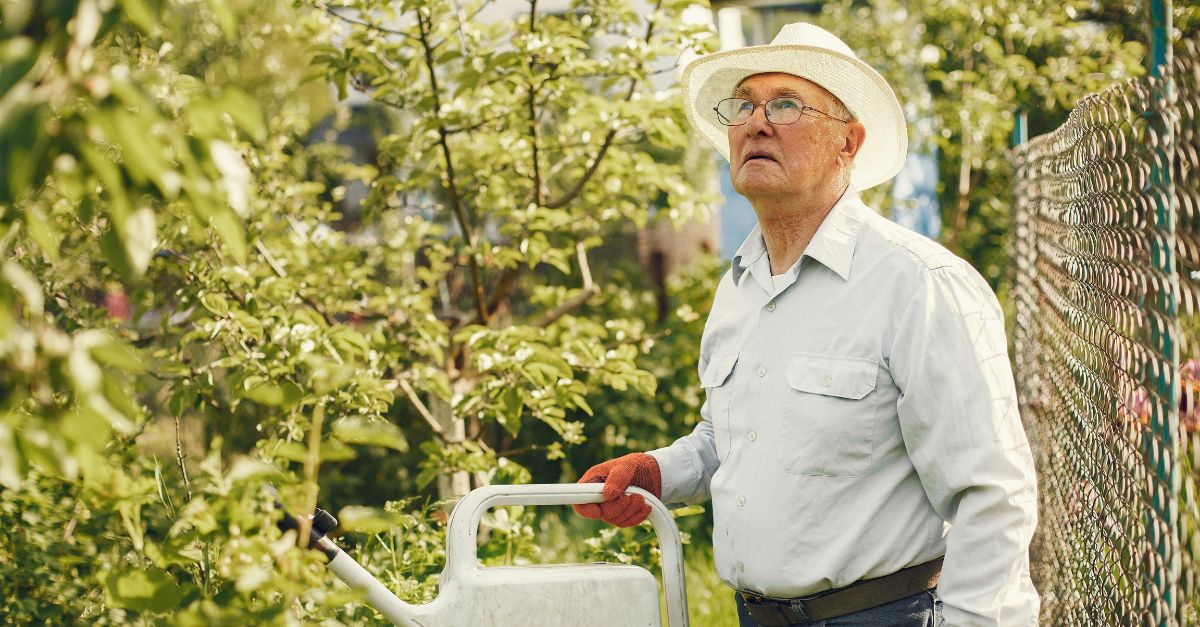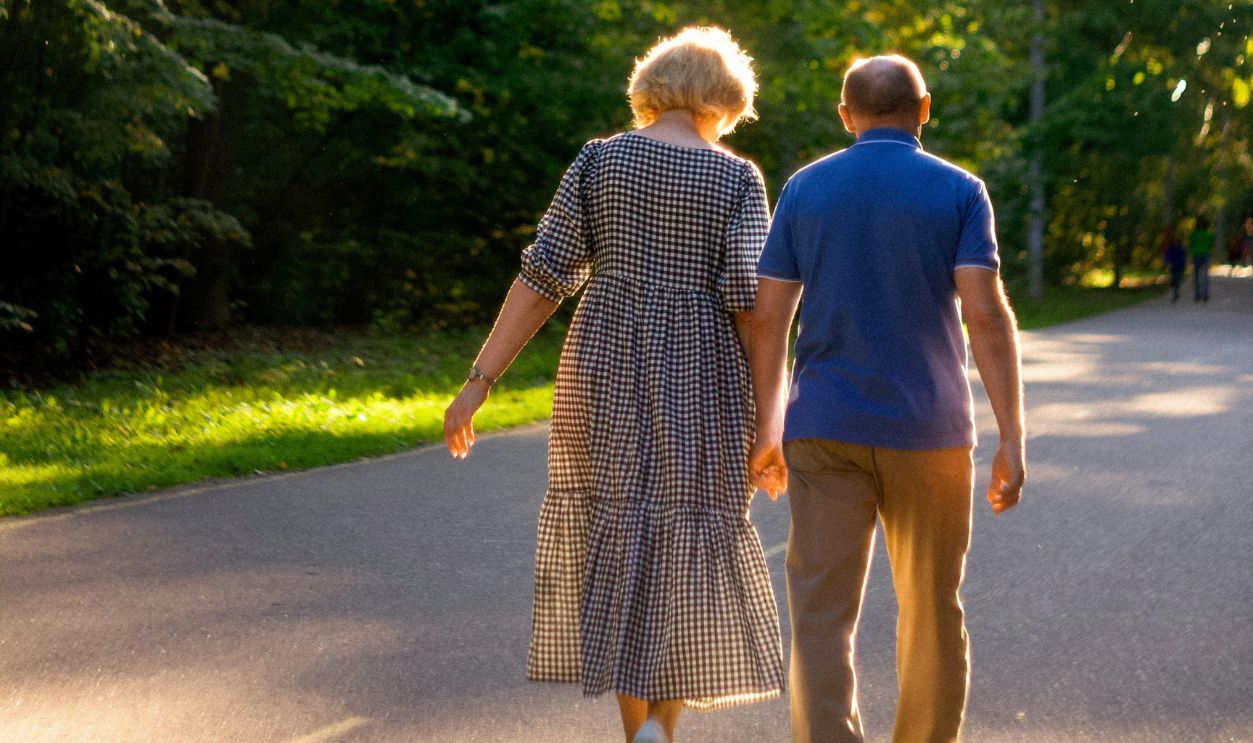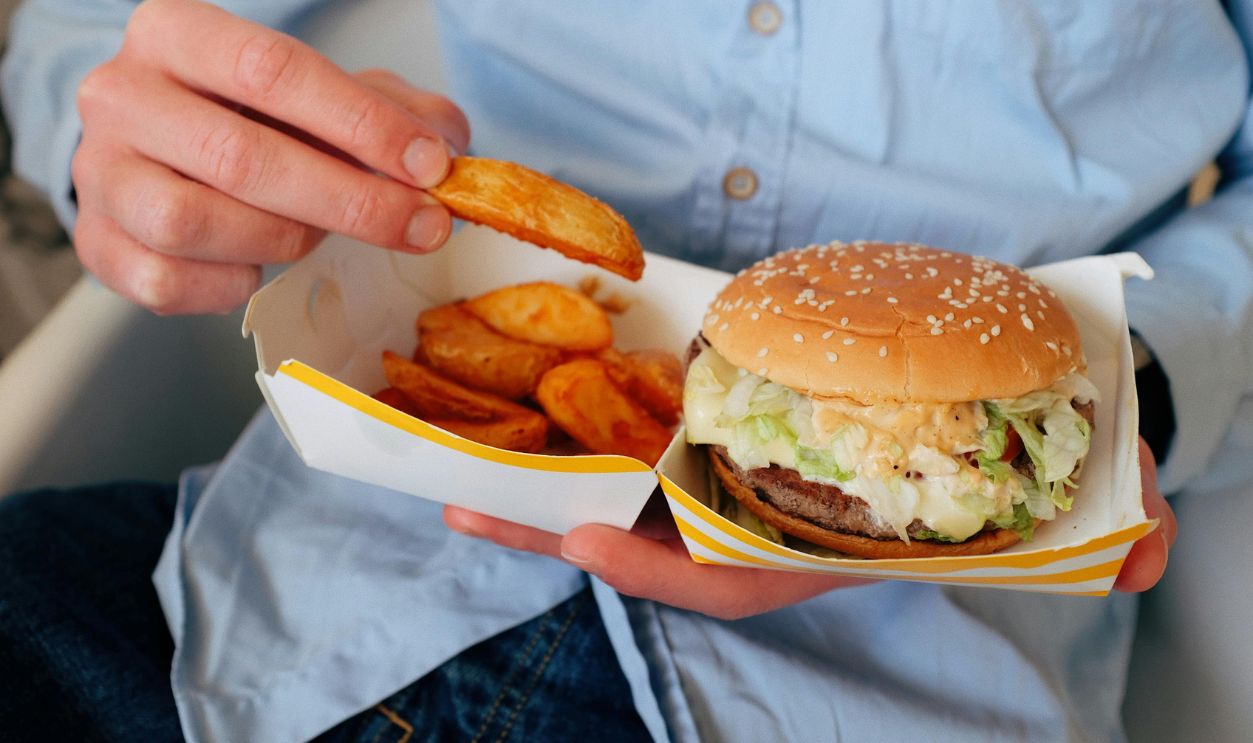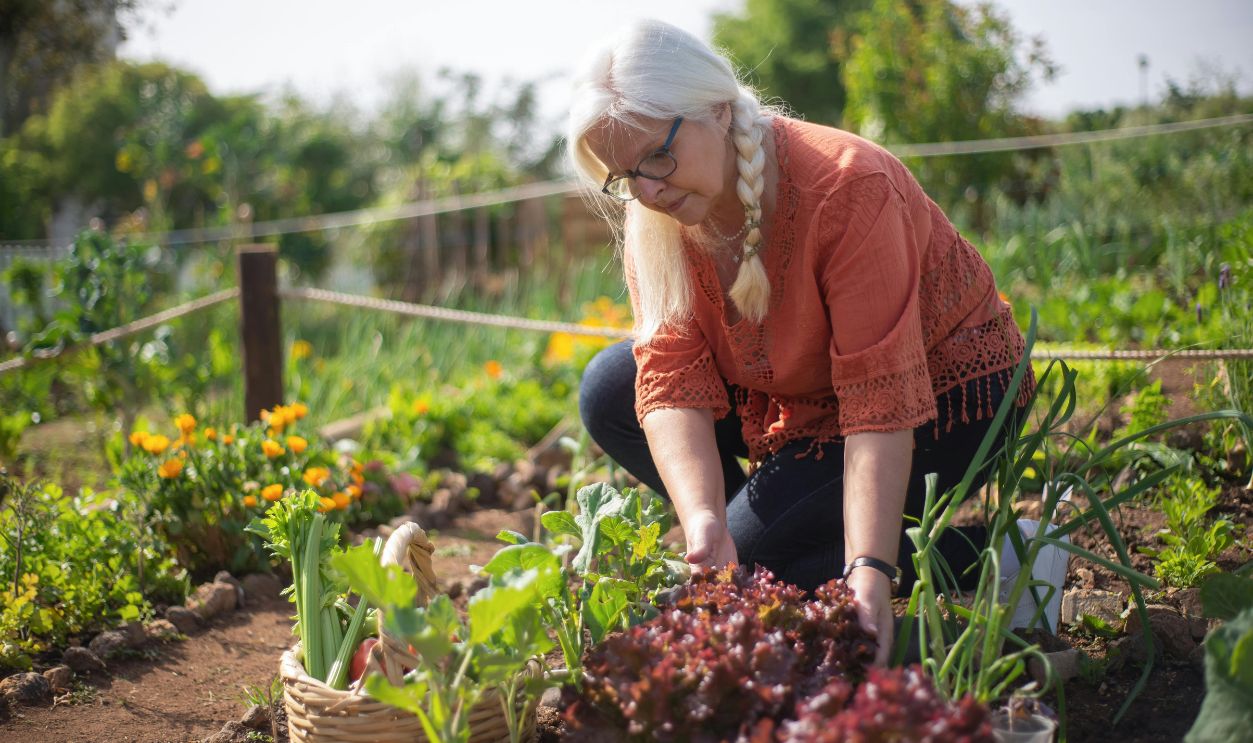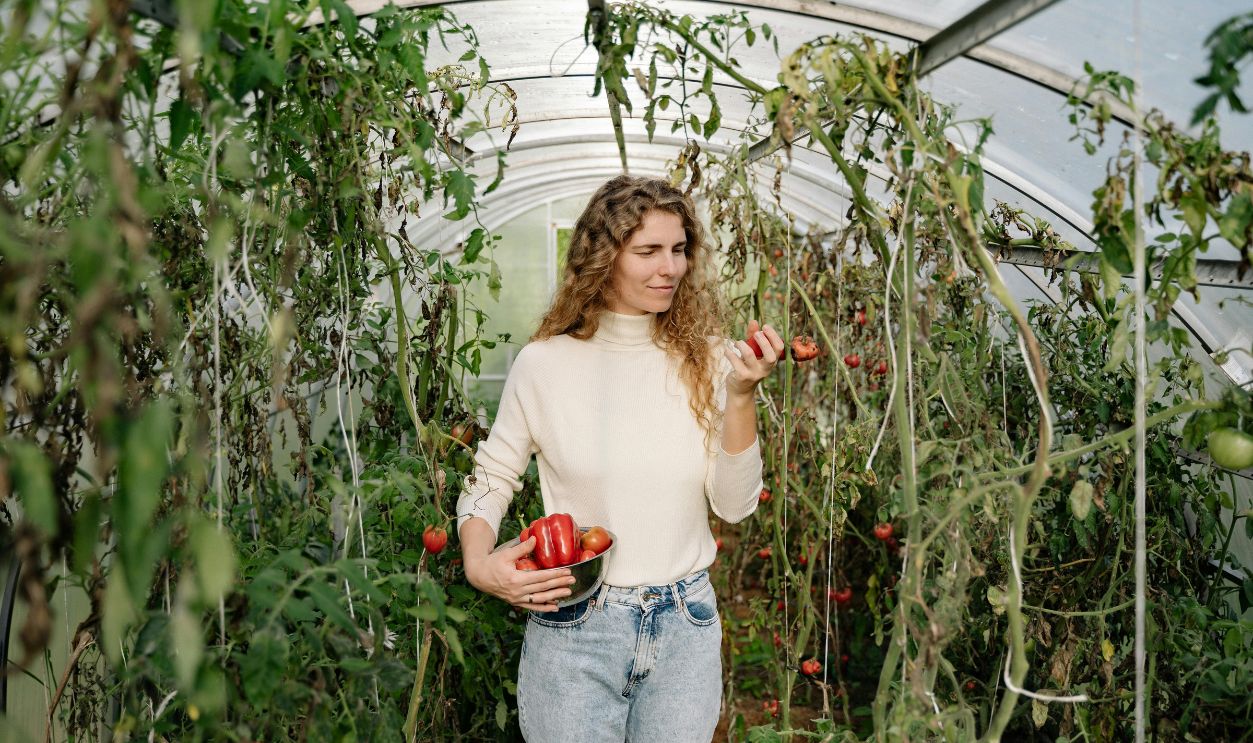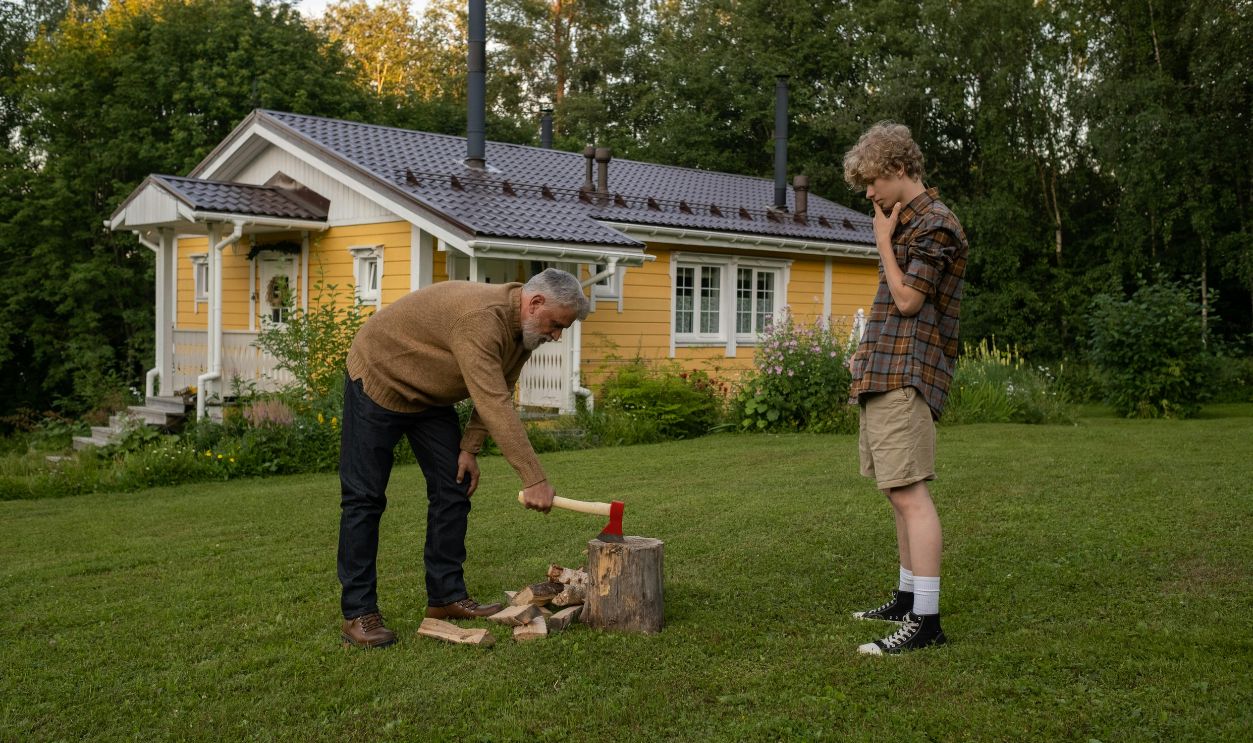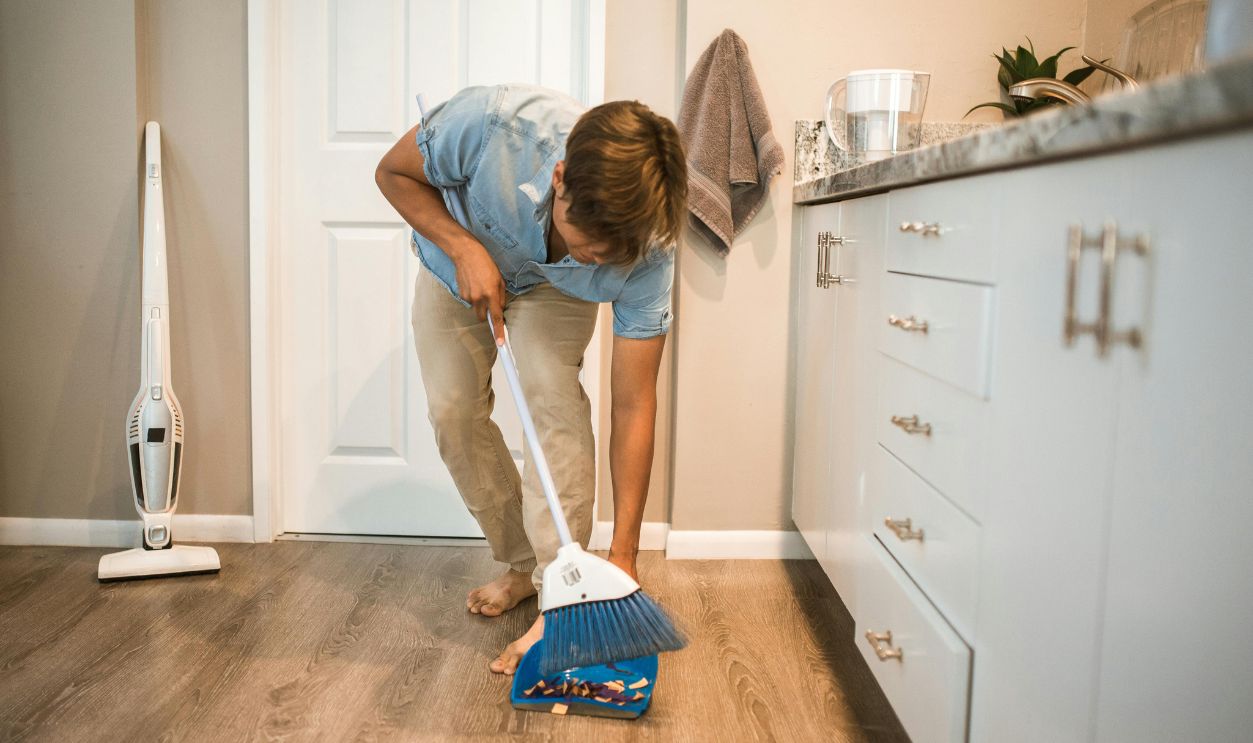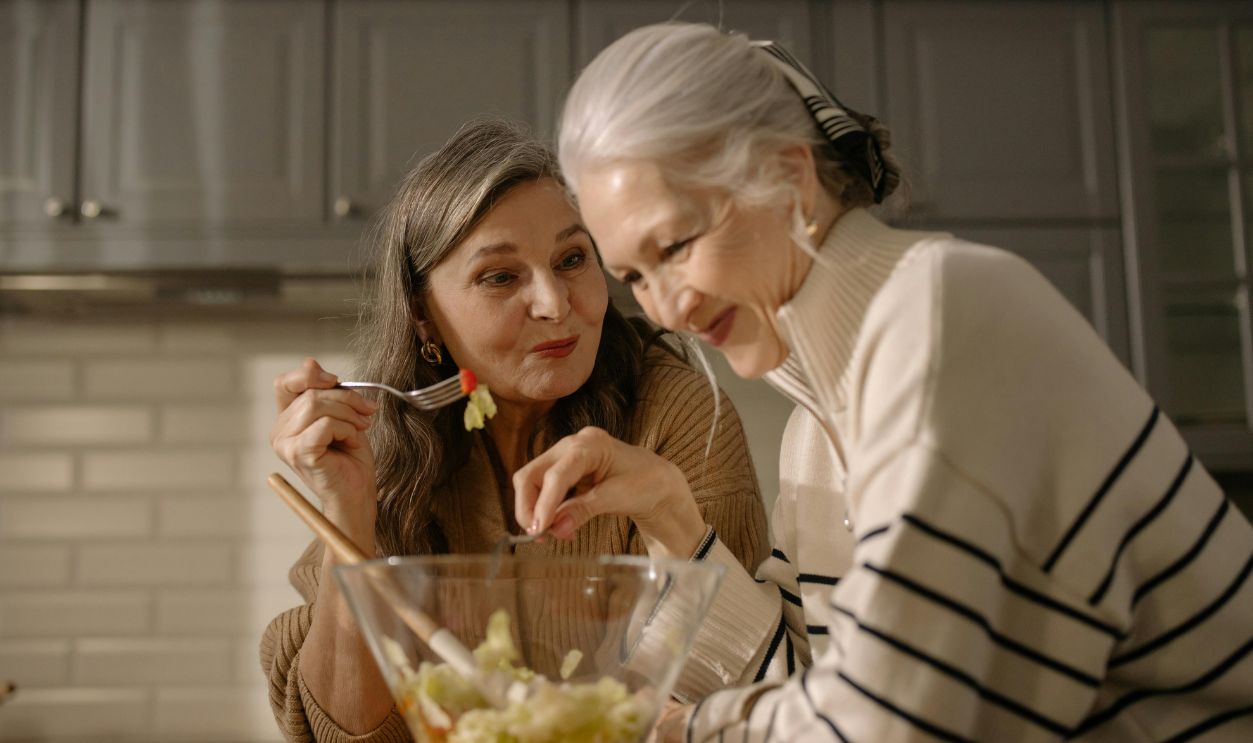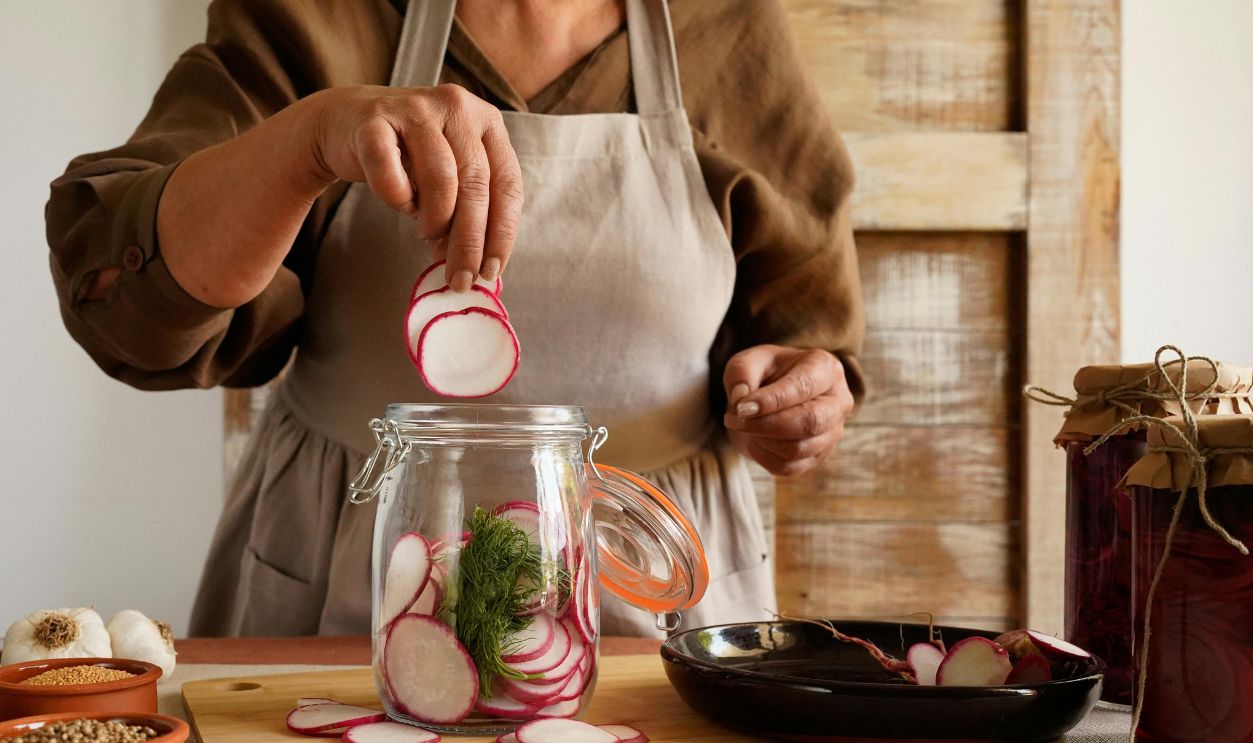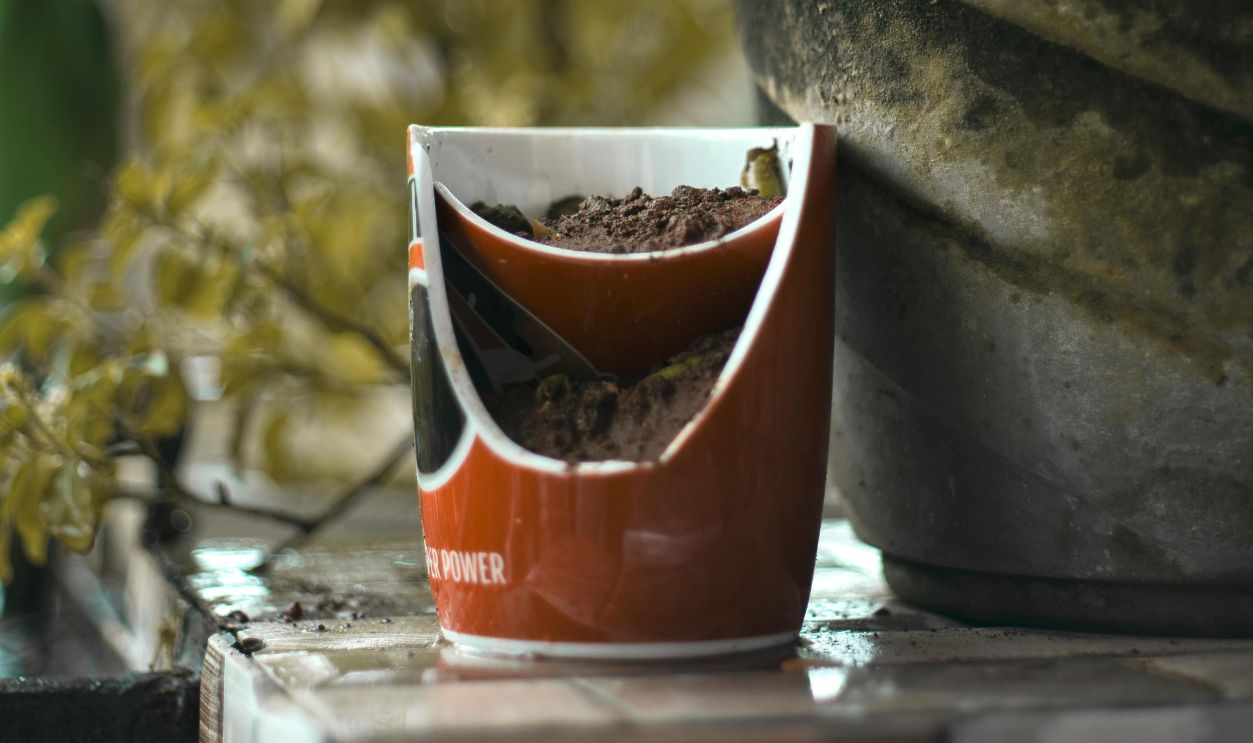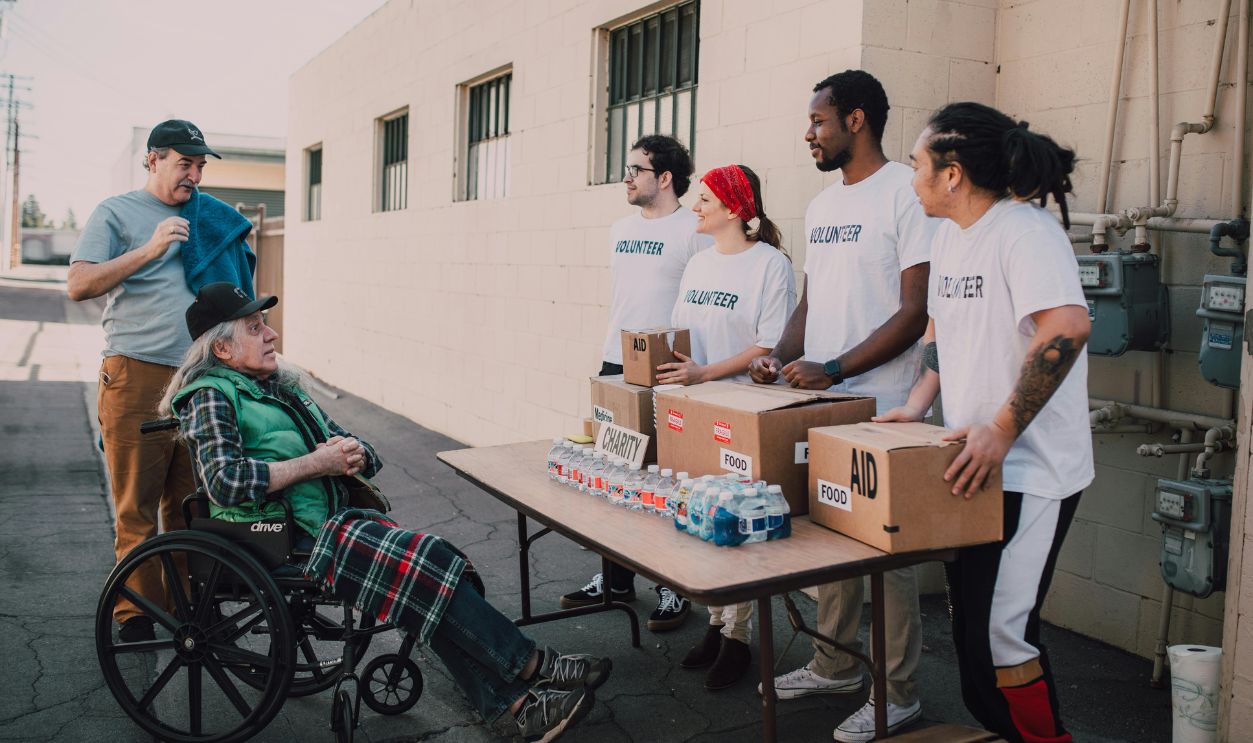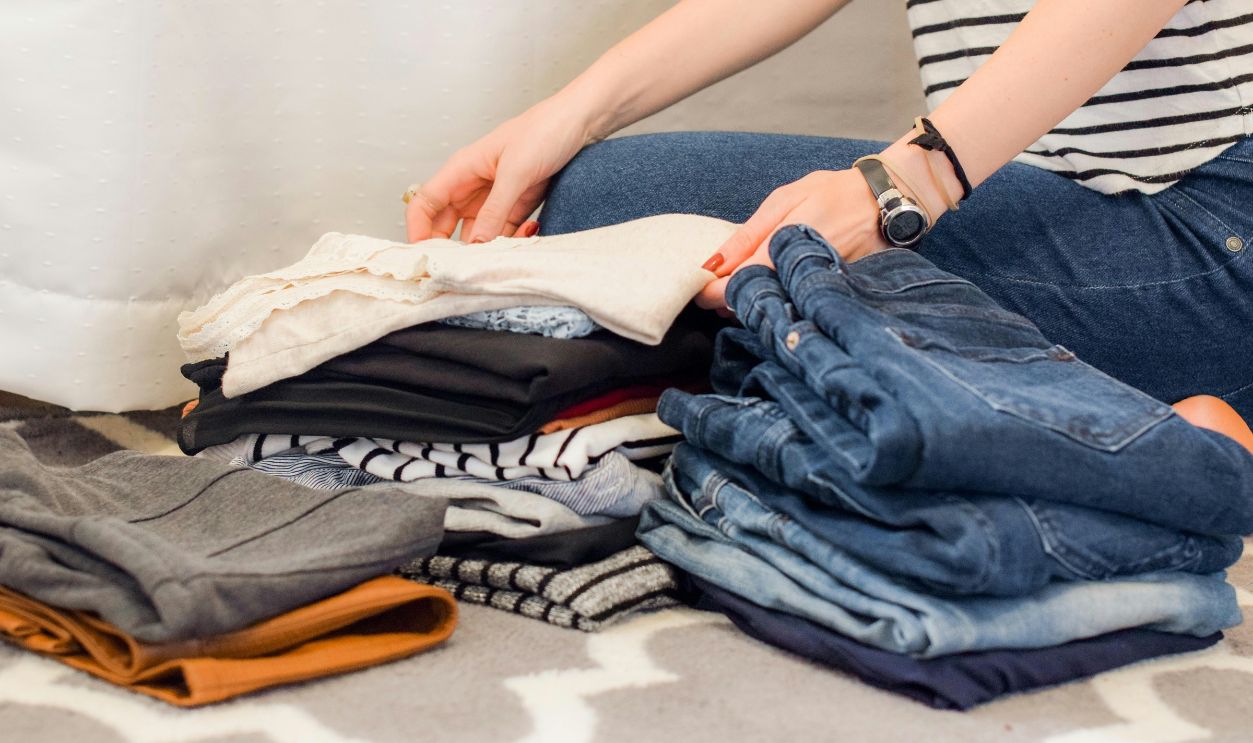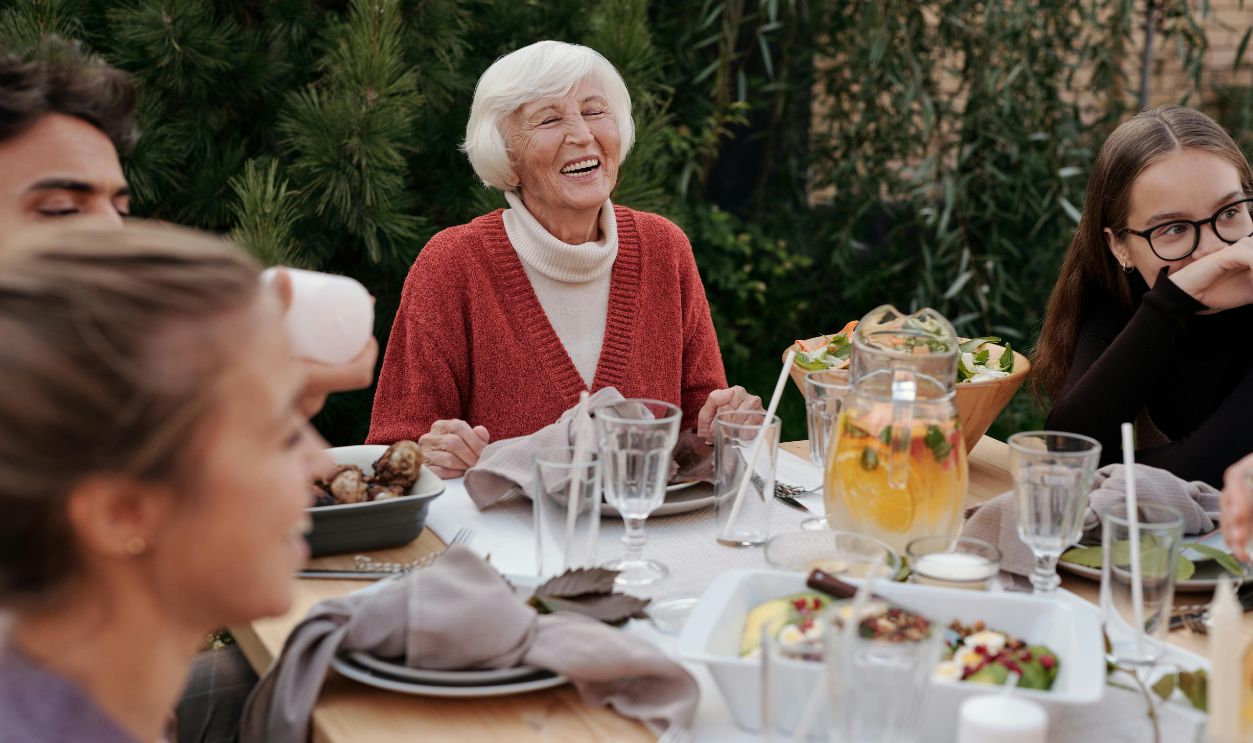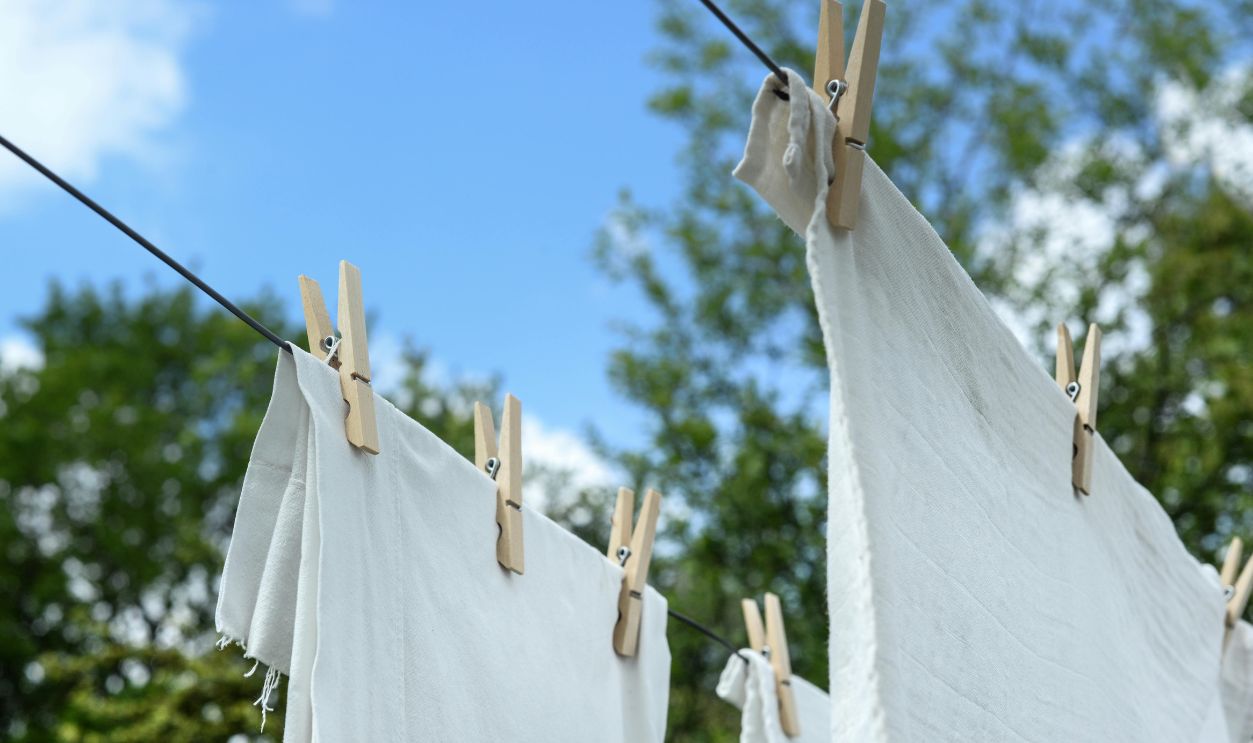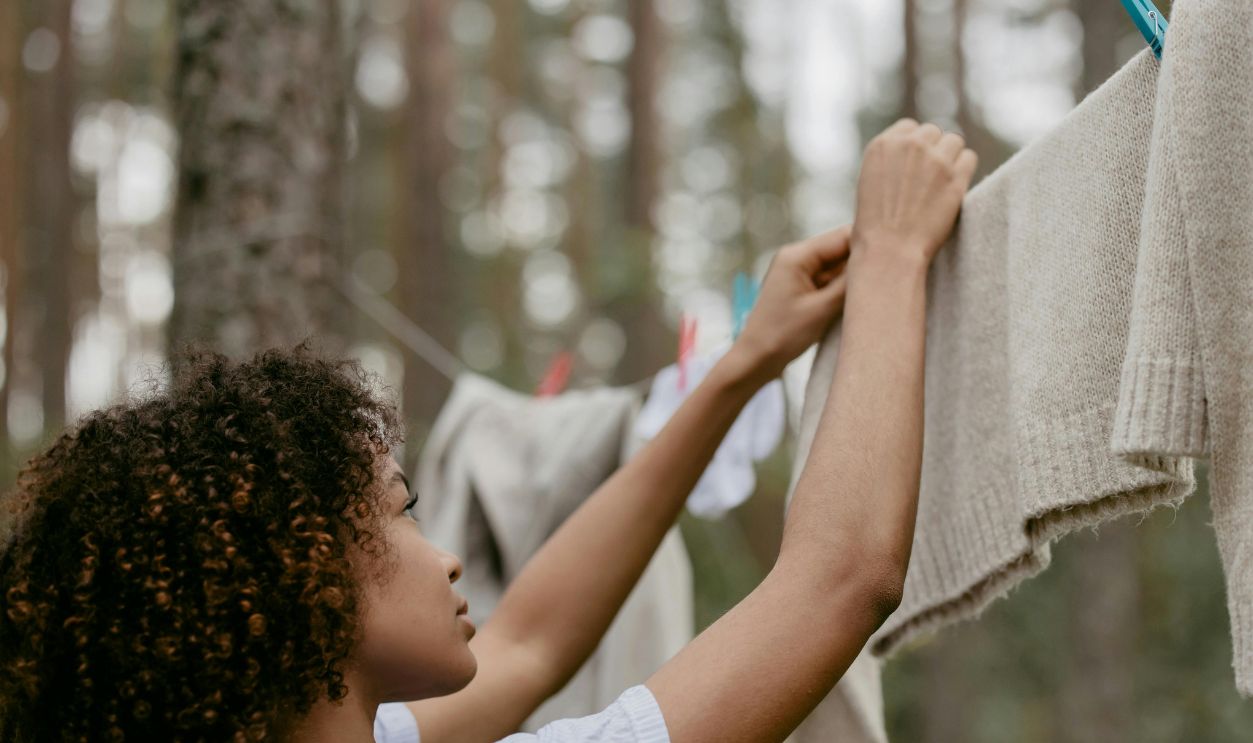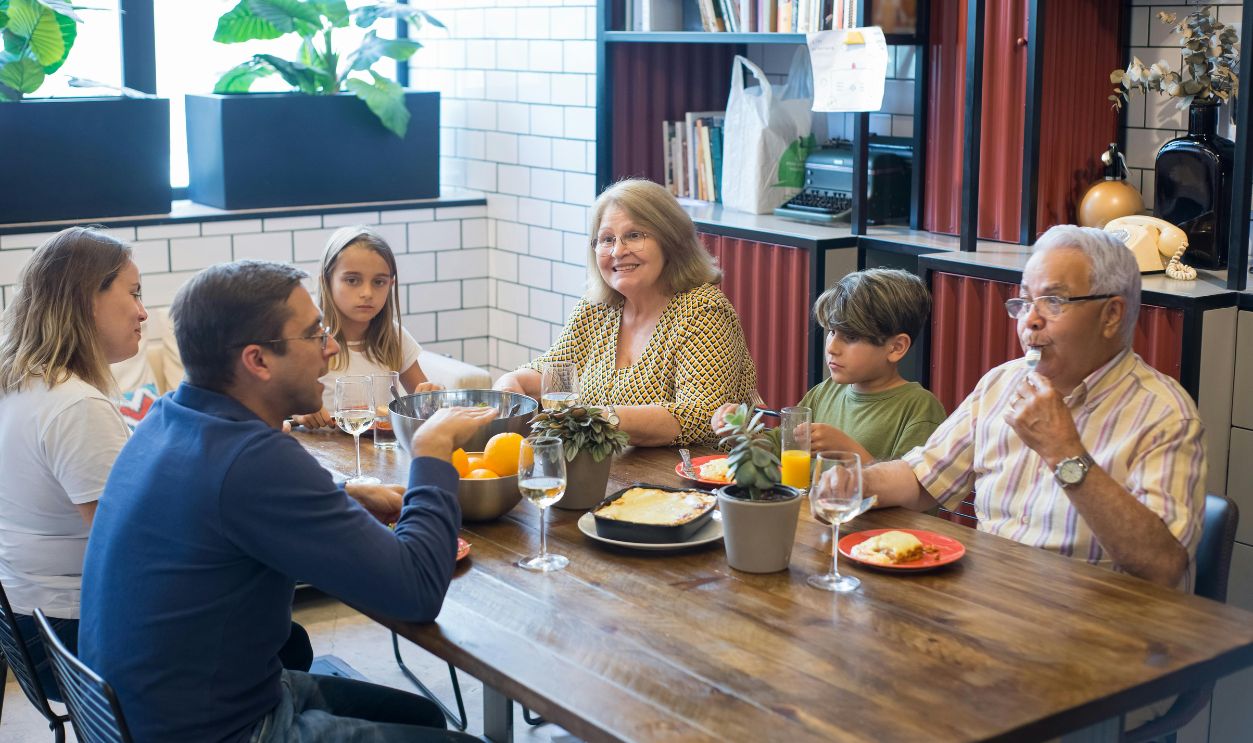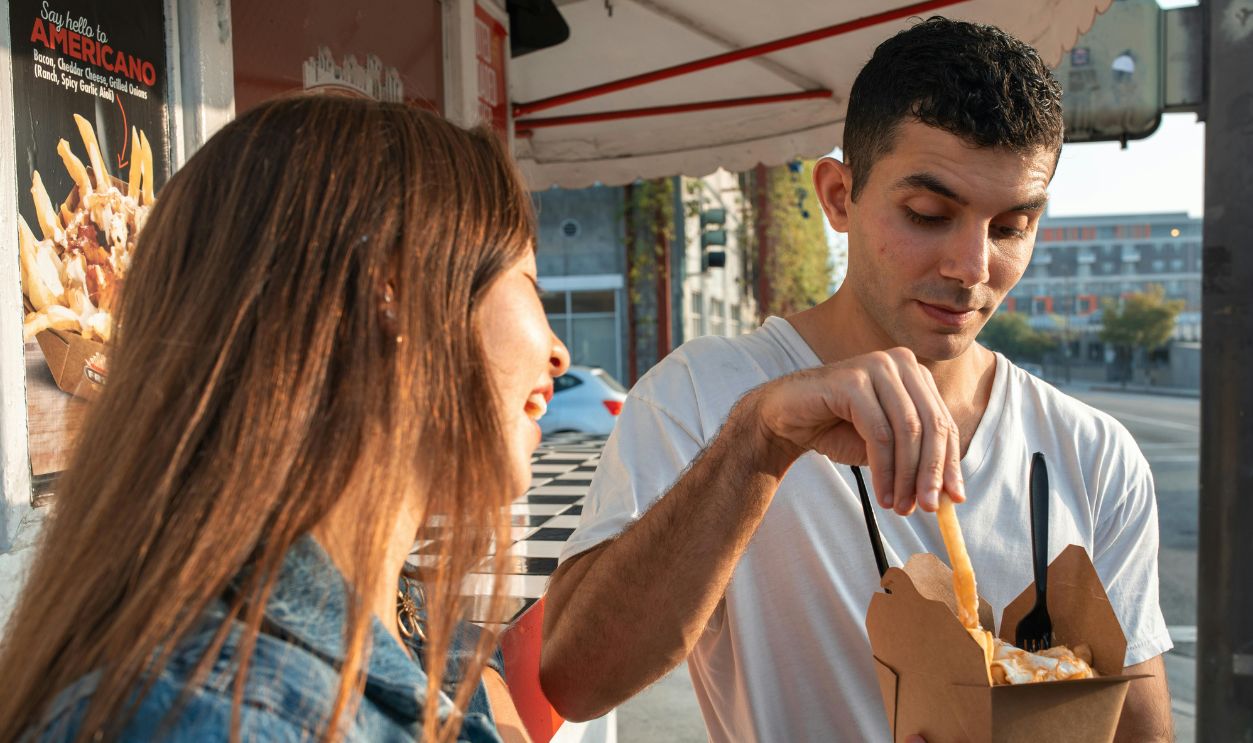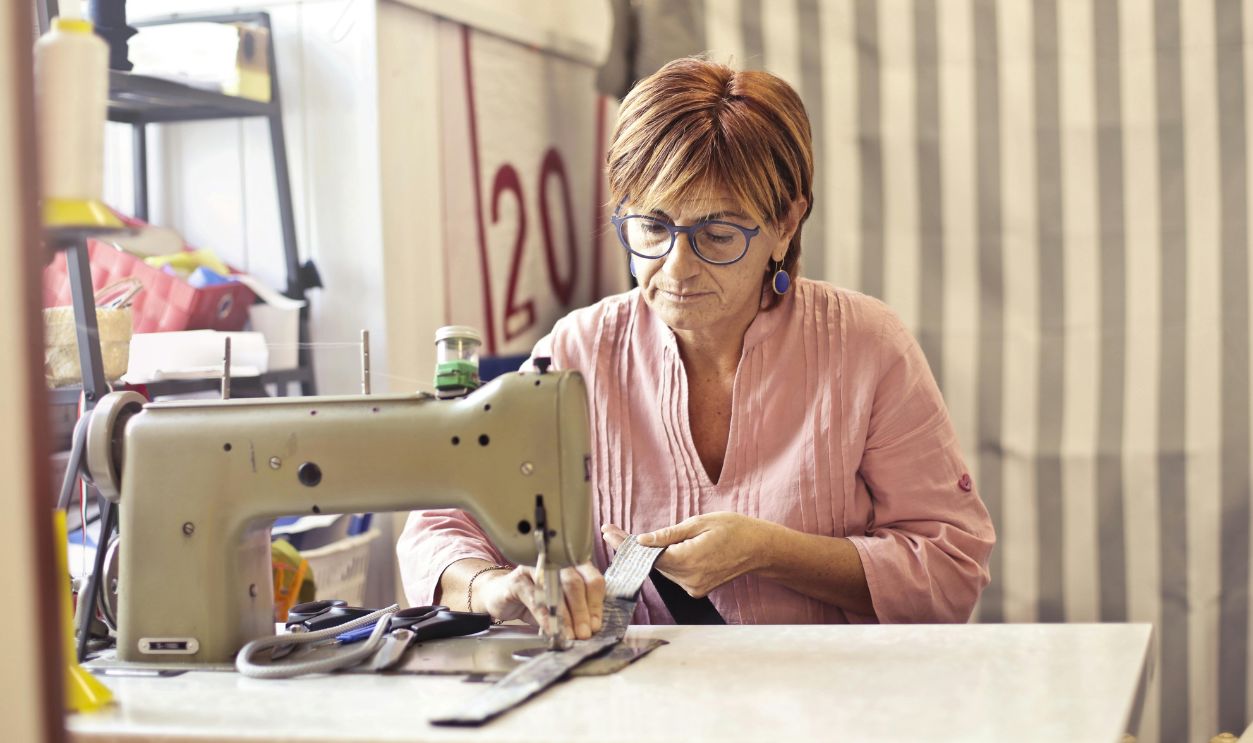“You Guys Should Do That Too,” Says Grandma
Have you ever been in a situation where your grandparents commented, “We used to do this and that; you guys should do that too,” and you wonder what they were referring to? Well, here are your answers.

Walking Instead Of Driving Short Distances
Paved sidewalks weren’t just for show—people actually used them! In the mid-20th century, walking was a daily necessity, not a fitness trend. Neighborhoods were designed for foot traffic, errands happened on foot, and people weren’t glued to their car seats. Then came the automobile ownership sprawl.
Affordable Car Ownership Was A Factor
The Ford Model T, introduced in 1908, was particularly influential because it was affordable for many Americans. By the 1920s, automobile ownership had grown rapidly, with millions of cars registered by 1920. This walking habit should become normal again because you don’t really need a car for a 2-block trip.
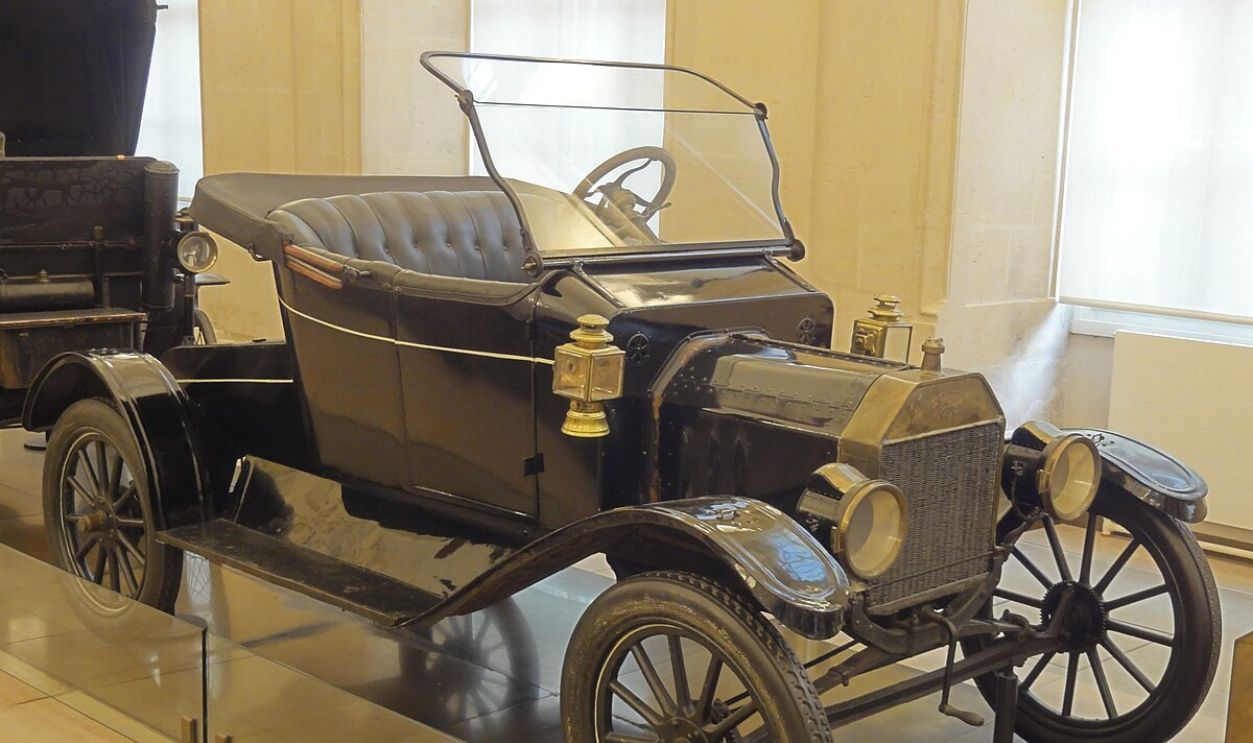 Pierre Poschadel, CC BY-SA 3.0, Wikimedia Commons
Pierre Poschadel, CC BY-SA 3.0, Wikimedia Commons
Cooking Meals From Scratch
If you buy chopped veggies and just start cooking, come here, this is for you. Our grandparents didn’t rely on boxed meals filled with unpronounceable chemicals. They sourced real ingredients and you should too because you know the state of the food you are having.
Why The Decline, Though?
Processed foods skyrocketed in the 1970s, making home cooking less common. Fast food and microwave meals took over, and convenience was traded for nutrition. Cooking at home slashes all the nastiness fast food has. Plus, cooking is therapeutic. Kneading dough and stirring a pot engage the senses, reducing stress.
Growing Personal Vegetable Gardens
Do you know how to take home cooking to the next level? Grow your foods. It was done before mass supermarket chains, and you can do it. The 1950s suburban boom shifted people toward store-bought produce, and backyard gardens vanished. Today, organic produce is expensive, yet backyard farming remains overlooked.
Lucky For You
The good news is that this trend is slowly making a comeback. Growing your own veggies ensures pesticide-free, nutrient-rich food. Gardening reduces stress, boosts vitamin D levels (because you are in the sun), and provides light exercise. The best part? No checkout lines or grocery store markups.
Engaging In Manual Labor And Physical Tasks
You see that gym membership you cannot do without today, our grandparents didn’t need it. Instead, you’d find them chopping wood, scrubbing floors, mowing the lawn, and carrying groceries. Automation is good, but it also takes away the part of manual labor: real-time exercise. The daily movement became a rarity.
It Became An Inconvenience To Manually Work
Even household chores became “inconveniences” rather than natural ways to stay fit. But you have to realize that lifting, bending, stretching, and hauling build muscle resilience, endurance, coordination, and strength. A Harvard study found that adding 10 minutes of increased activity reduced yearly death rates by 7%.

History's most fascinating stories and darkest secrets, delivered to your inbox daily.
Maintaining Regular Sleep Schedules
As you bingle on a 10-episode series all night long, remember that that damages how your brain works. Our grandparents didn’t binge-watch TV until 2 am or scroll endlessly on their phones. They rose with the sun and slept when it set, following a natural circadian rhythm.
The Problem With Pulling An All-Nighter TV Session
Sure, you might finish some series in one sitting, but is it worth it? Artificial lighting and screens wreck your brain's healing and rejuvenation balance, leading to sleep disorders and fatigue. Consistent sleep improves memory, mood, and metabolism. Lack of it lowers your life expectancy and awards you fatigue.
Eating Seasonal And Local Foods
Winter meant root vegetables; summer brought berries—people ate what was available. There is no issue with craving berries in the winter, but have you stopped to question where it came from? The 1980s ushered in global food imports. It made seasonal eating obsolete.
You Can Get Alternatives
Now, strawberries appear off-season, but at the cost of flavor, nutrients, and sustainability. Seasonal foods pack more vitamins and taste better. So, if berries are what you desire, get alternative nutritious picks. Instead of citrus fruits and berries, go for sweet potatoes—also rich in vitamins and antioxidants.
Preserving Foods Through Canning And Fermenting
Canning jars back them weren't just Pinterest décor but survival tools. Before refrigeration, people pickled, fermented and jarred their harvests. The practice dwindled post-1950s as frozen meals and preservatives took over. Another issue is that today, people depend on store-bought foods loaded with chemicals.
You Can Do It At Home
You can do it yourself at home. Just Google and learn how to ferment foods like kimchi and sauerkraut to promote gut health. You can also learn canning goods to reduce waste. Homemade preserves are free of artificial additives. Imagine a jar of summer peaches in winter. It's doable.
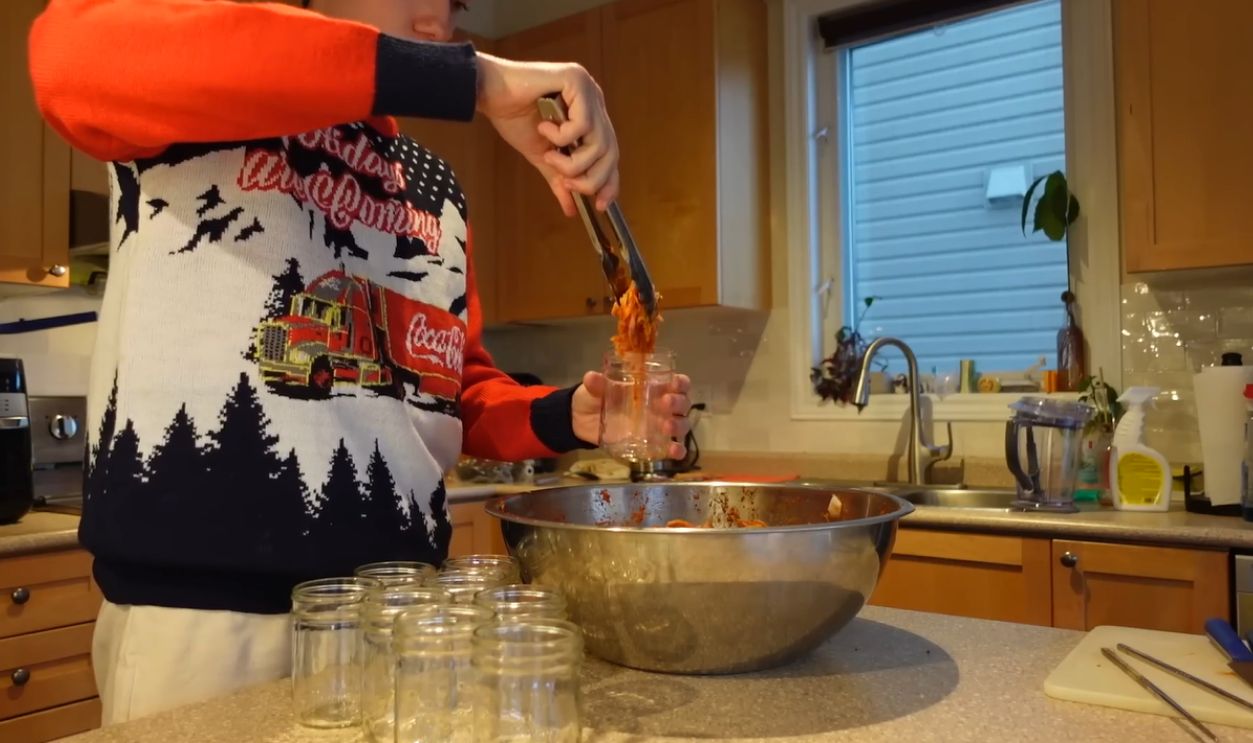 how I make kimchi / christmas kimchi special by logagm
how I make kimchi / christmas kimchi special by logagm
Limiting Screen Time And Digital Exposure
Once upon a time, people looked each other in the eye instead of the screen. Evenings were spent talking, reading, or bonding over a board game. Smartphones and 24/7 entertainment changed that because they turned screen addiction into a global issue.
Screen Time Is A Pandemic In The Making
According to the CDC, from July 2021 to December 2023, one in four teenagers aged 12 to 17 who had more than four hours of screen time experienced anxiety (27.1%) or depression (25.9%) symptoms in a two-week span. It also leads to eye strain, anxiety, and sleep disruption.
Using Natural Remedies For Minor Ailments
Your child coughs, and you immediately rush to the emergency room. Stop that. Our grandparents didn’t run to the hospital but instead went the natural route. They swore by honey for sore throats and peppermint tea for digestion. Before pharmaceutical dominance, natural cures were household staples.
There Is Research That Prove Natural Remedies Work
Herbal treatments, like ginger for nausea and eucalyptus for congestion, have science-backed benefits. They reduce dependency on synthetic medications and minimize side effects. While modern medicine is essential, nature offers side-effect-free solutions for minor issues. A disclaimer: Never use treatment you aren’t sure of! Consult a trained doctor first.
Participating In Community Events and Gatherings
Social media has made people more connected yet more isolated. Decades ago, neighborhoods thrived on potlucks, parades, fun fairs, and block parties. Today, small talk is rare, and knowing your neighbors is optional. People even share a fence, but their children don’t know each other; neither do the parents.
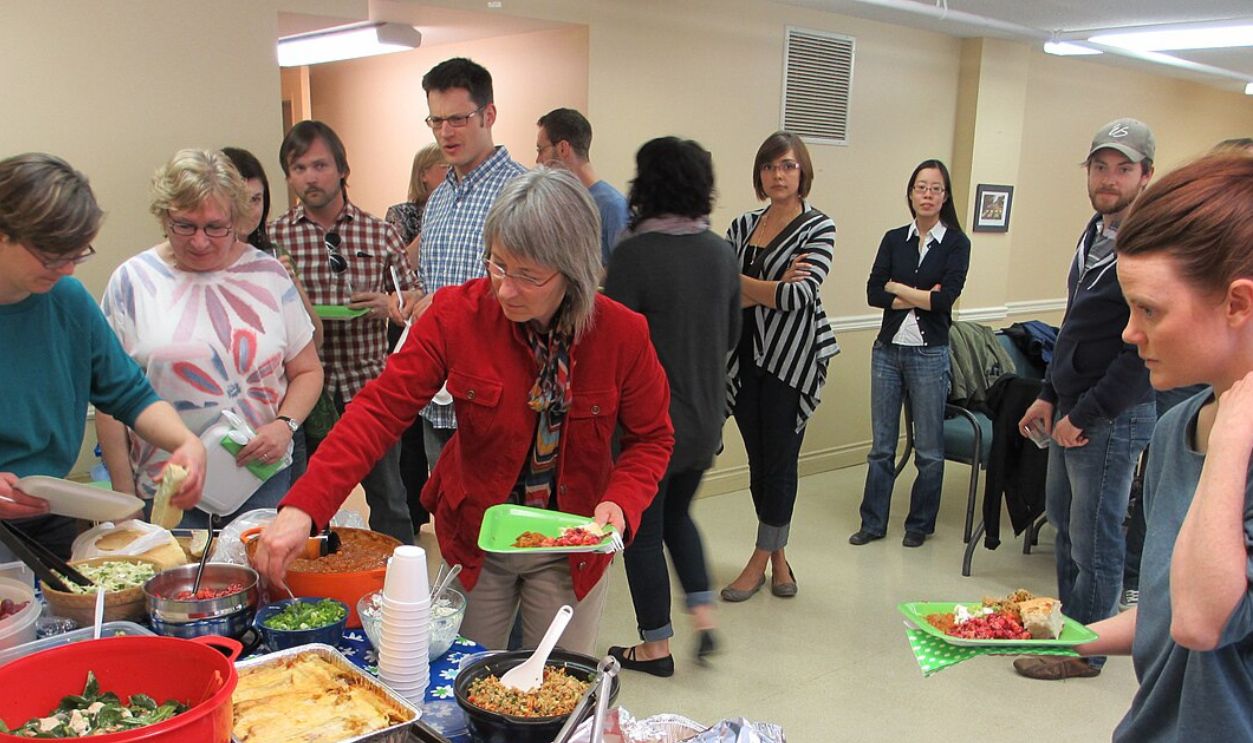 Mack Male, CC BY-SA 2.0, Wikimedia Commons
Mack Male, CC BY-SA 2.0, Wikimedia Commons
The Benefits Of Community Are Immense
Face-to-face interaction builds stronger relationships and reduces stress. Research confirms that people with active social lives live longer and have lower risks of dementia. Community engagement isn’t just nostalgia—it’s a key to mental well-being. You also get someone to watch over your dog while on vacation.
Practicing Thriftiness And Resourcefulness
“Use it up, wear it out, make it do, or do without” was a motto, not a suggestion. Past generations repurposed everything from a broken mug to a planter, from broken china to a mosaic art project, and so on. The over-consumerism life and throwaway culture erased these values.
Here’s The Trick
Reducing waste is beyond saving—it’s about sustainability. You want your children to have an earth to call home after you are gone, right? So, let’s switch up the overconsumption and focus on buying and repurposing what we already have. Oh, and this goes for all things.
 How to make a mosaic from broken china (step by step tutorial) by Mrs M-C
How to make a mosaic from broken china (step by step tutorial) by Mrs M-C
Taking Regular Breaks During Work
Forget hustle culture—older generations valued rest. Coffee breaks, midday walks, and stepping outside were standard, not signs of laziness. The rise of digital work blurred boundaries, and this turned constant grind into an expectation. Short breaks boost productivity, creativity, and focus.
Science Agrees That A Little Break Goes A Long Way
Studies show that workers who take regular breaks perform better. They also have a better work-life balance and a better ability to manage stress, and the job becomes something one enjoys doing. Looking at a screen for eight hours straight? Not precisely peak efficiency.
Engaging In Volunteer Work
Helping neighbors is a noble way to live. And you’ve heard of the saying that it is better to give than to receive. The older generations lived by this saying by volunteering regularly at churches, homes, shelters, or community events. The decline of in-person interactions and busy schedules ruined this.
Why Volunteering Is Necessary
Volunteering improves mental health, fosters purpose, and strengthens communities. It also exposes you to learning new skills. You also make new friends and understand different perspectives from different people. You grow as you put a smile on someone's face or make someone else's life or work more manageable.
Writing Letters Instead Of Always Texting
Unfortunately, some people have never received a handwritten note unless it's a warning or list of some sort. Handwritten letters from the heart carry emotion and a personal touch—something emojis can’t replicate. Before instant messaging, people took time to craft meaningful letters, strengthening relationships. Communication is quicker but less thoughtful.
We Should Bring Back That Emotional Touch
Even if the older generation didn’t have emojis, we can bring back that personal touch to sharing joy with handwritten notes. Even apologies hit differently. Start with this Valentine’s or Father’s Day. Instead of sending your loved ones a long typed message, get a card and jot down something special.
Keeping A Physical Address Book
Before smartphones, address books stored every important contact, birthday, and emergency number. Digital convenience replaced this habit, but reliance on cloud storage and phone batteries comes with risks—data breaches being the worst. A single tech failure or lost device can erase vital information, leaving people stranded without essential contacts.
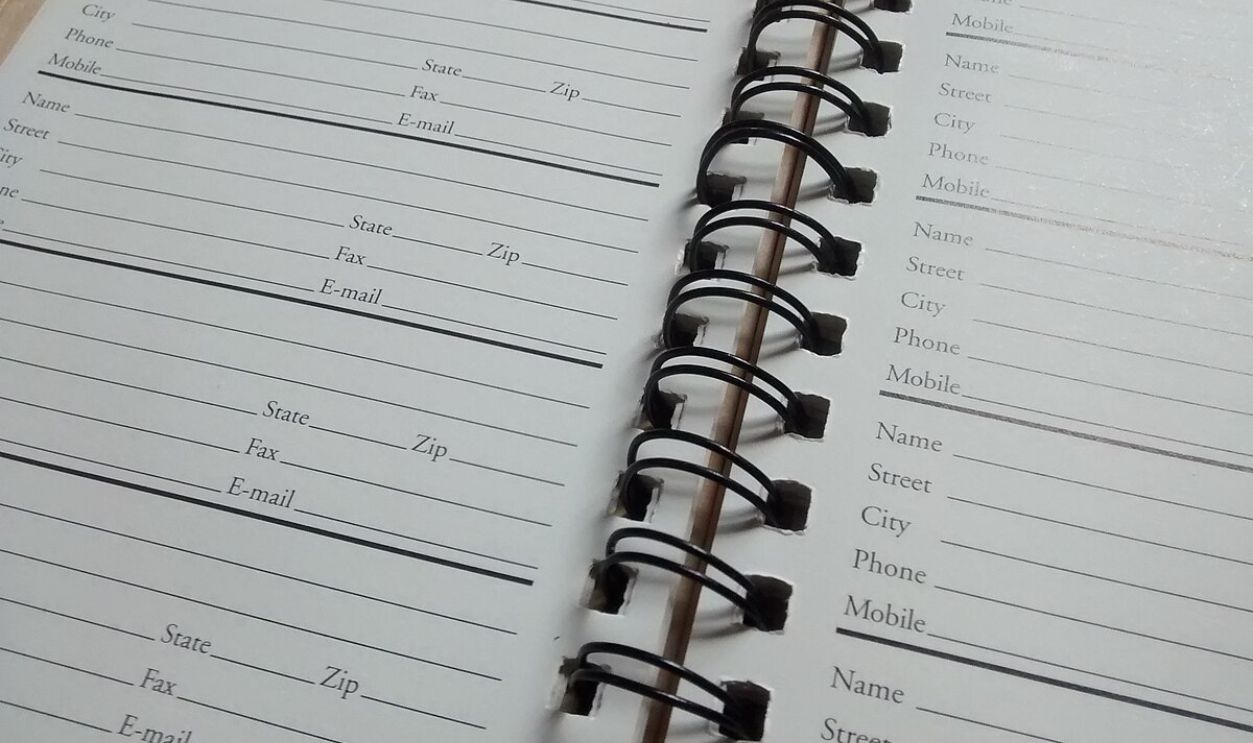 Mx. Granger, CC0, Wikimedia Commons
Mx. Granger, CC0, Wikimedia Commons
Here Is How You Do It
First, get an address book and write all your emergency contacts. But don’t just stop there. Have another section for all business contacts and anyone within your circle. You will be surprised to find out that that list will not be as long as your phone’s contact list.
Going Quality Over Quality Clothing
Quality over quantity was the golden rule in fashion. Older generations invested in well-made clothes wore them for years, and repaired them when needed. The surge of fast fashion in the 1990s introduced disposable clothing, leading to excessive waste, declining craftsmanship, and an endless cycle of buying and discarding.
The Beauty Of Quality Over Quantity Is That…
…well-made clothing saves money in the long run, reduces environmental impact, and promotes sustainability. Another benefit? You have plenty of extra space in your closet. Now, you won’t need to change the nursery into a walk-in closet, but make it your new work office or pantry. Something more functional.
Reading Actual Books
Curling up with a good book was once a common pastime, but digital screens have pushed physical reading aside. E-books, audiobooks, and social media have shortened attention spans and this has made deep reading less frequent. Just one notification, and you’re out of your reading flow.
Why Reading Should Make A Come Back
Reading physical books improves focus and comprehension, aids stress reduction, and helps you build up your vocabulary and imagination. Unlike screens, books don’t emit blue light that disrupts sleep. Reintroducing book reading into daily routines fosters deeper thinking, knowledge retention, and an escape from constant digital noise.
Taking Sunday As A Day Of Rest
One time, Sundays were sacred—not just for religious reasons but as a universal day of rest. Families gathered, stores and schools closed, and work took a backseat. It was time to unwind and relax, but the rise of 24/7 commerce and the gig economy erased this tradition.
Reasons Sunday Rest Should Come Back
A designated rest day reduces burnout and boosts mental health. It can be a time to strengthen family bonds and even a time to explore your hobbies. Reclaiming a rest day could be the reset button, through relaxation and quality time with loved ones, or just taking the day to sleep.
Using Cash Instead Of Relying On Credit
If your wallet is home to at least one credit card, come to the front, this is for you. Before credit cards and digital wallets, cash was king. People spent what they had, avoiding debt traps and financial stress. The 1980s credit boom encouraged overspending, which led to consumer debt.
Clear Debt And Go Cash, At Least Try
Today, contactless payments make transactions effortless but make things more expensive. How? There are transactional fees that our grandparents never had to pay. Think about it for a minute: Whenever you pay transaction or service fees, it's like giving someone extra cash for selling you something.
Hanging Clothes On A Line To Dry
Drying clothes outdoors was once a standard practice, and it saved electricity and preserved fabrics. The convenience of dryers took over in the mid-20th century. The result was households incurring increasing energy consumption, and the clothes didn’t last as long, meaning you had to keep buying!
Line-Drying Is Beyond Nostalgia
Sun-drying eliminates bacteria naturally, prevents shrinkage, maintains fabric integrity, and saves money. Hanging clothes outside also reduces static cling and extends fabric life. Embracing this old-school method not only benefits the environment but also keeps clothes fresher and softer. Do it and see how many dollars you save on laundry.
Keeping A Home-Cooked Sunday Dinner Tradition
Sunday dinners were the norm back in the day; ask your grandma. These were family rituals where generations gathered around the table, sharing stories and homemade dishes. Your aunties would bring in the desert, and if there were extras, you would carry some for the next day’s recess time snack.
What Changed?
The fast-paced modern lifestyle, coupled with takeout culture, replaced these gatherings with quick, isolated meals. The loss of this tradition weakened family bonds and diminished the importance of shared time. But guess what? You can bring it back. Actually, you should bring it back. Bring back these bonding sessions.
Teaching Life Skills At A Young Age
The rise of convenience culture and digital reliance reduced hands-on learning and this has left many young adults unprepared for basic life tasks. Older generations grew up learning essential skills—sewing, budgeting, plumbing, cooking, ironing, and fixing simple things. Schools and parents prioritized self-sufficiency, ensuring kids entered adulthood prepared.
Why Learning Life Skills Early Is Important
Life skills build confidence and independence and boost anyone’s problem-solving abilities at a tender age. This hands-on learning also enhances memory retention. Teaching kids how to manage money and handle basic repairs sets them up for success. Practical knowledge is just as valuable as academic education—maybe even more so.

